|
In Together: The Healing Power of Human Connection in a Sometimes Lonely World, Dr. Vivek Murthy uses his pulpit as the U.S. Surgeon General to focus not on heart disease or obesity or addiction but on loneliness.
As a person who is lonely (a bad thing) but who enjoys solitude (a good thing), I am a sucker for books that examine isolation and loneliness. I'm always looking for insights into my own existence and what changes, if any, could be made. Though each individual's social needs are unique, humans generally are hardwired to fear loneliness. Murthy discusses an experiment showing that students, arbitrarily informed they were likely to be lonely as adults, performed poorly on academic tests compared to students informed they were going to have successful marriages and social connections. (A third group, informed they were likely to suffer physical pain from accidents and injuries, did not perform poorly.) I disliked some of Murthy's assumptions, e.g., that technology is bad because it distracts us from in-person relationships. WHAT in-person relationships? Pray tell, Dr. Murthy. Also, I get mighty irritated when eye contact is regarded as something virtuous. The neurodivergent folks would like a word. So would the people from cultures where eye contract is construed as aggressive. Nor was there enough discussion of people with personality disorders. Do they need the same connections? Do they want them? They were barely mentioned in the book. So at times I found myself snapping at Dr. Murthy as he narrated the audiobook. Still though, I learned some new things, and I don't mind recommending it for people who get lonely at times. In a world that is increasingly fractured, with economic systems that are hostile to community, that would be most of us.
0 Comments
If you don't know me in person, you might not realize I am a competition-grade crier. I get choked up several times daily, just from thinking thoughts, and full-onslaught blubbering is a not infrequent occurrence.
From a young age I disliked admonishments against crying. Why on earth wouldn't I cry? It's not a sign of weakness. It's a sign of emotion. So I was eager to read Benjamin Perry's book Cry, Baby for that sweet sweet confirmation bias. I suppose I was expecting lots of research showing why crying is good and healthy, but as Perry explains, there haven't been many studies. People generally, and pharmaceutical executives particularly, don't see repressed tears as a problem. So while there's a bit of science here, much of the material is drawn from literature, religious scriptures, and contemporary events, as when Amy Cooper, the white lady with the dog in Central Park, called the police in tears with a fabricated story of being harassed by Christopher Cooper (extremely no relation), a Black man who was out birding. By the way, his memoir Better Living Through Birding: Notes from a Black Man in the Natural World got a starred review in Shelf Awareness. Perry is a progressive minister fluent in the often academic language of social justice. I eat that stuff like candy, but it will not be accessible or enjoyable to all audiences. That's fine--but I hope someone else will write a book about crying aimed at more general audiences. People with conservative politics need to hear this message, too. The Address Book is about street addresses, street numbers, and street names, which sounds dreadful, like the textbook for a course on municipal planning, but Deirdre Mask makes it fascinating. This is maybe my favorite type of nonfiction, the deep dive into subjects you never knew you cared about.
Some writers attempt this, but instead of crafting a compelling narrative, they produce a book full of the neat facts they found while doing their research. Those books read more like encyclopedias than stories. There are neat facts aplenty, to be sure. If you ever wondered why the vaguely dirty sounding Grope Lane is so prevalent in English towns, you may be surprised to find this is the cleaned up version. Grope C*nt Lane used to be the name of the place where you could find prostitutes, which is a fine example of truth in advertising. But Mask hangs all these neat facts on the larger human interest story. In the United States and throughout the world, a physical address is a crucial component for getting out of poverty. You can't open a bank account to save money or receive direct deposits if you don't have a home address. You can't apply for jobs. You can't receive mail. This is a blend of history, social science, human rights, geography, medicine, and various other areas of interest, recommended for fans of Mark Kurlansky and Mary Roach. It was published in April 2020, when we were reading sourdough bread recipes and reports of mounting casualties and overwhelmed hospitals, so you probably missed it when it came out. Go back and give it a read. Observant readers may recall I launched a small business on Tuesday. I'm offering manuscript services and I've already had a consultation with my first client.
I won't bore anyone with the NOLO legal books I've been reading, nor the instructional guides aimed at editors and indexers, but I hope I can persuade some of you to try Dreyer's English. Benjamin Dreyer is more than a droll Twitter personality who posts a lot about early cinema. Apparently he's also an editor. Who knew? Blurbed by people ranging from Lyle Lovett (??) to my man George Saunders, this book dishes out more laughs than you might expect in a book about word usage (though the Humorous Grammar subgenre is bigger than you might expect). "Only godless savages eschew the series comma" is one gem. Another gem offers this advice for structuring sentences, which should "aim for a powerful finale and not simply dribble off like an old man's unhappy micturition," which means what you think it means. It's a quick read, recommended not just for writers and editors but anyone who enjoys words. A version of this post originally appeared on April 15, 2023.
Sebene Selassie is among my favorite teachers on 10% Happier, the app I use for mindfulness meditation. A cousin to Robin Wall Kimmerer's Braiding Sweetgrass, You Belong is a mix of meditation guidance, memoir, ethics, and social science (though Selassie reminds us that science is but one way of understanding the world). It's about belonging and how things go to hell when we feel we don't belong, individually and in the larger world. I recommend this one for a couple of reasons. First, it's a good discussion of social justice. Teachings on meditation, spirituality, and religion have the potential to liberate whole swaths of society. These paths of inquiry are not just about improving compassion or tightening your focus or helping regulate your emotions. Second, it's a solid resource for starting or enhancing mindfulness meditation. I've meditated nearly every day for the past four years and I'm still a novice, albeit a novice who's benefited from the practice. I learned a lot, especially about Buddhism. But if you are allergic to mysticism and spirituality, I would instead recommend Meditation for Fidgety Skeptics, the Dan Harris book that first got me meditating. Selassie's voice is like lemonade in July. Audiobook strongly recommended. A version of this post originally appeared on March 4, 2023.
For Women's History Month, meet Charity Bryant and Sylvia Drake. Charity hailed from an erudite family--she was aunt to William Cullen Bryant, known for "Thanatopsis" and other poems--but Sylvia was no slouch herself, and they wrote reams of letters over the decades. From this correspondence, historian Rachel Hope Cleves reconstructs how two lesbians lived as a married couple in 19th century Vermont. I will confess I zoned out occasionally--many of the letters took the form of poems, and there is only so much early American poetry I can take--but I was glad to discover the Bryants' story. There is a lot of drama here. Before meeting Sylvia, Charity was popular with the ladies, and I can't forgive how she done Lydia wrong. There's also a lot about the social life, religion, and lifestyle of people in the decades following the Revolution. For one thing, people generally were more accepting of a same-sex marriage than I would have guessed. Of course there was some prejudice, and the two women themselves struggled to reconcile their lesbianism with their religion, but they were not pariahs. Far from it: they were esteemed members of the community. Remember this the next time someone claims that gay marriage is a recent invention. A version of this post originally appeared on February 25, 2023.
With The Cooking Gene, Michael W. Twitty writes a book that's not quite like anything I've read. He blends culinary history, memoir, genealogy, family history, Black history, social justice, spirituality and religion, and travel, delivered with prose that often verges on the poetic. It's hard to summarize. This is the story of how African food became African-American, but it's also the story of how one man learned more about his place in the world: by cooking traditional foods with traditional methods, by studying census records and historical newspapers, by exploring the limits of DNA ancestral discovery. Though Twitty celebrates soul food, do not mistake this for a joyful book. He mines four hundred years of trauma and violence to write this story. I was emotionally taxed as I read it, and it's not my ancestors who were enslaved. I recommend the audio. Twitty narrates with a mid-Atlantic Black accent that adds to the experience. A version of this post originally appeared on February 11, 2023.
In 1822, a free Black man named Denmark Vesey planned a revolt that, if successful, would have liberated enslaved people in Charleston, SC. The book Denmark Vesey's Garden is not about that. Instead, scholars Ethan J. Kytle and Blain Roberts study the memory of slavery in Charleston and the United States. The book is about history, but more importantly, it's about how we shape and select the stories that we call history. Normally it's the victors who get to craft the narrative of war and its aftermath, but with the American Civil War*, the losing side got to write that history. And are still getting to: we're seeing right now how the political machine in Florida colluded with the AP Board to defang African American history in high school classrooms. *aka the War Between the States or, even better, the War of Northern Aggression. The battle to control the narrative of history goes back a long, long way. For instance: After the war, there was a group called the Society for the Preservation of Spirituals, composed of history buffs who performed the slave songs. This group consisted entirely of white ladies, who believed themselves better able to preserve and interpret negro spirituals than formerly enslaved people or their descendants. It is not cultural appropriation every time a white person sings a Black song, but this? The ladies of the Society for the Preservation of Spirituals acted like they invented cultural appropriation. Then there was Miriam B. Wilson, born in 1879 in Ohio and raised to understand that chattel slavery was, you know, morally wrong. Then she moved to Charleston and went native. With the paternalism that characterizes so many white people to the present day, she opened the Old Slave Mart Museum and used it to soften the image of slavery. On viewing an image of an overseer with a whip, she concluded that whips weren't necessarily used on people. And while it is true that some slaves had whip marks on their backs, she reasoned that these might have been tribal tattoos, or perhaps they'd injured themselves to garner sympathy with abolitionists. We all know someone--frankly we're all RELATED to someone--who has unfortunate interpretations of political and social reality, but this someone is not running the only museum about slavery in a city that was a major port in the Atlantic slave trade, now are they. A final example: you may be aware of the Federal Writers Project, part of the Works Progress Administration in the Great Depression. As one part of the FWP, historians interviewed formerly enslaved people to collect their oral histories. The interviewees often spoke highly of their former masters--but of course they did. The interviewers were white. They knew the consequences of telling the truth. But those times when they did feel bold enough to discuss the ugly truth of slavery, the historians assumed they were lying (because Black people are prone to fibbing. It's common knowledge). I enjoyed the audiobook, narrated by Tom Perkins, and I would like to take pains to observe that the authors and I overlapped at the University of North Carolina, which means we're practically friends. A version of this post originally appeared on January 28, 2023.
George Saunders is in the very top echelon of my favorite writers. A literary fiction writer who leans hard into genre, he is arguably America's best contemporary short story writer, and his one novel, Lincoln in the Bardo, will stagger you. I'm getting into the yearly habit of reading him in January, to start the year out right. This year I read A Swim in a Pond in the Rain. It is not short stories nor a novel but... literary criticism! Of Russian literature! I know this is going to be a hard sell, but stay with me here. The book is just astonishingly good. It's like being in the best graduate level English class, only you don't have to write papers or read Derrida. Saunders helps us dive into seven masterpieces, helping us as readers articulate why we respond to the writing, helping us as writers study the craft. This book was such a joy. I kept making excuses to get to the audiobook--and please, if you're going to read this, consider going that route. Saunders narrates the discussion, while actors read the stories:
I'm writing a manuscript set in 18th century Russia. I've got two failed novels already, but the setting of this third pre-fail novel is more ambitious than anything I've tried yet. I'll be reading a whole lot of books and articles about Russian history, literature, and culture, and while I promise not to subject you all to the whole lot of it, I'm going to write about the books that are good for a general, non-Russia-obsessed audience, starting with The Story of Russia, by Orlando Figes.
Though I love history as a subject, history books tend to lose my interest, due to dry prose and lack of interpretation. Telling me facts is not as important as building a narrative around the facts. Figes is good at this historical storytelling. He doesn't just tell us that rumors about Catherine the Great's death are untrue--there was no horse involved, well endowed or otherwise--he tells us why these rumors sprang up. The writing is more engaging than most of the history out there, particularly history of this caliber. Though a book about Russia over the centuries will not be to everyone's taste, it has unfortunate relevance. The book went to press in April 2022, two months after Putin invaded Ukraine. I can't image what kind of last-minute edits Figes made, but he does a fantastic job of explaining the historical and contemporary relationship between Ukraine and Russia, and he helps readers understand Putin's megalomania. I particularly recommend this as an audiobook. Stefan Rudnicki, one of my favorite narrators, was born in Poland and does authentic east European and Russian accents. |
Book talks
When Covid first hit, I started doing book talks on social media as a way to keep in touch with people. I never got out of the habit. I don't discuss books by my clients, and if I don't like a book, I won't discuss it at all. While I will sometimes focus on craft or offer gentle critical perspectives, as a matter of professional courtesy, I don't trash writers. Unless they're dead. Then the gloves come off. Archives
February 2024
Tags
All
|

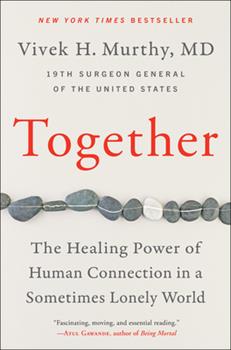
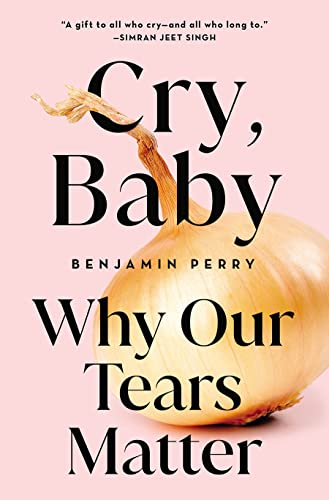
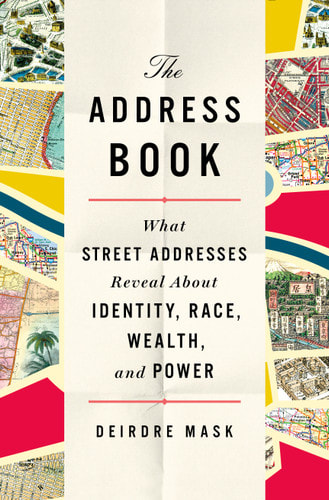
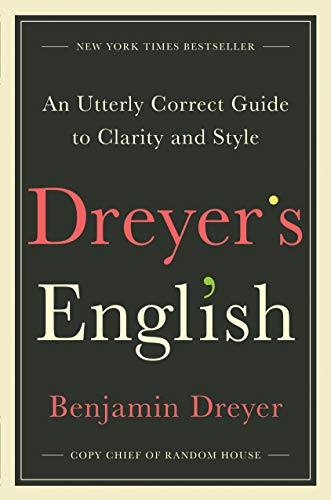
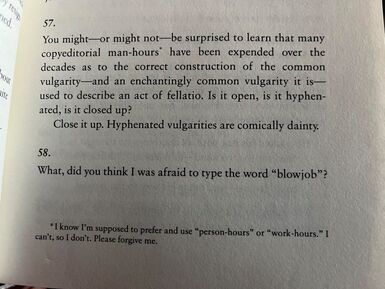
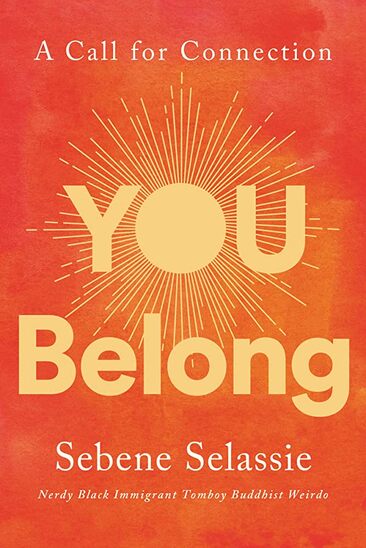
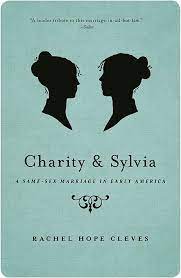
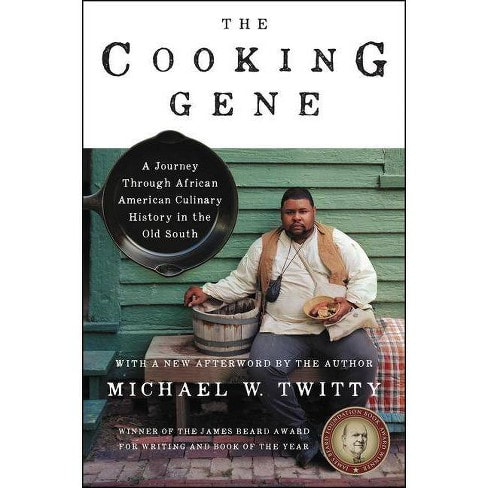
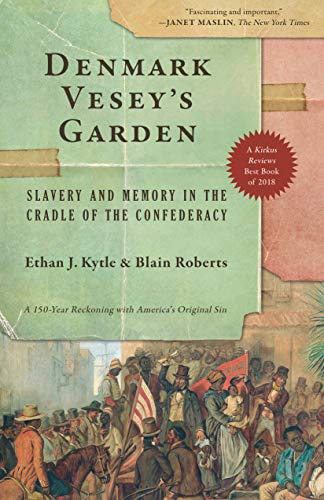
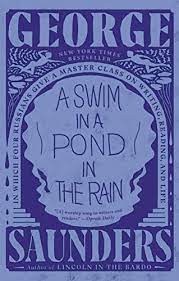
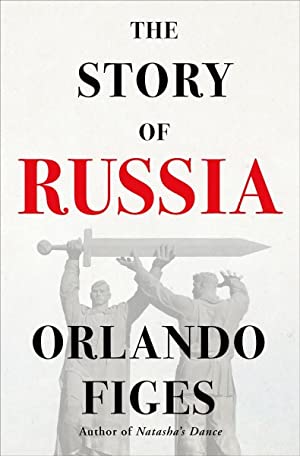
 RSS Feed
RSS Feed